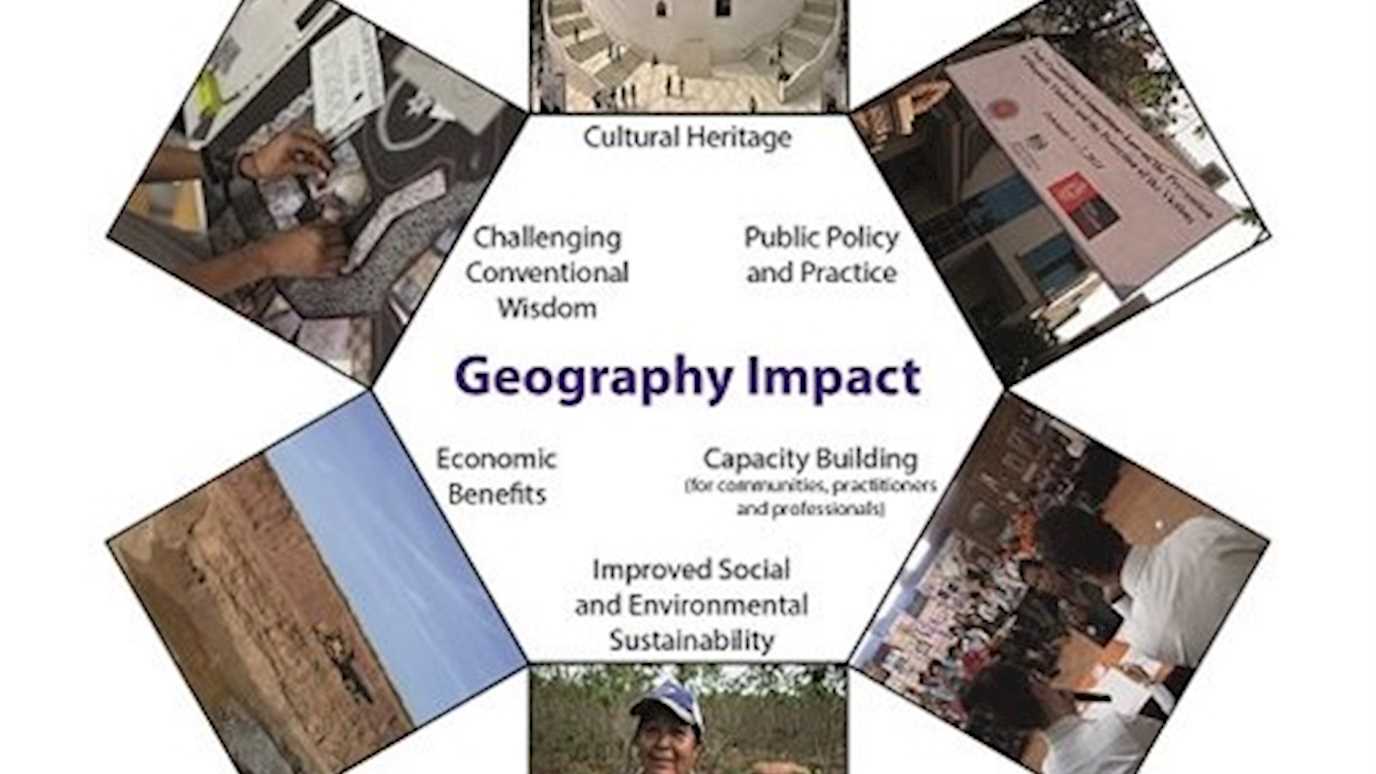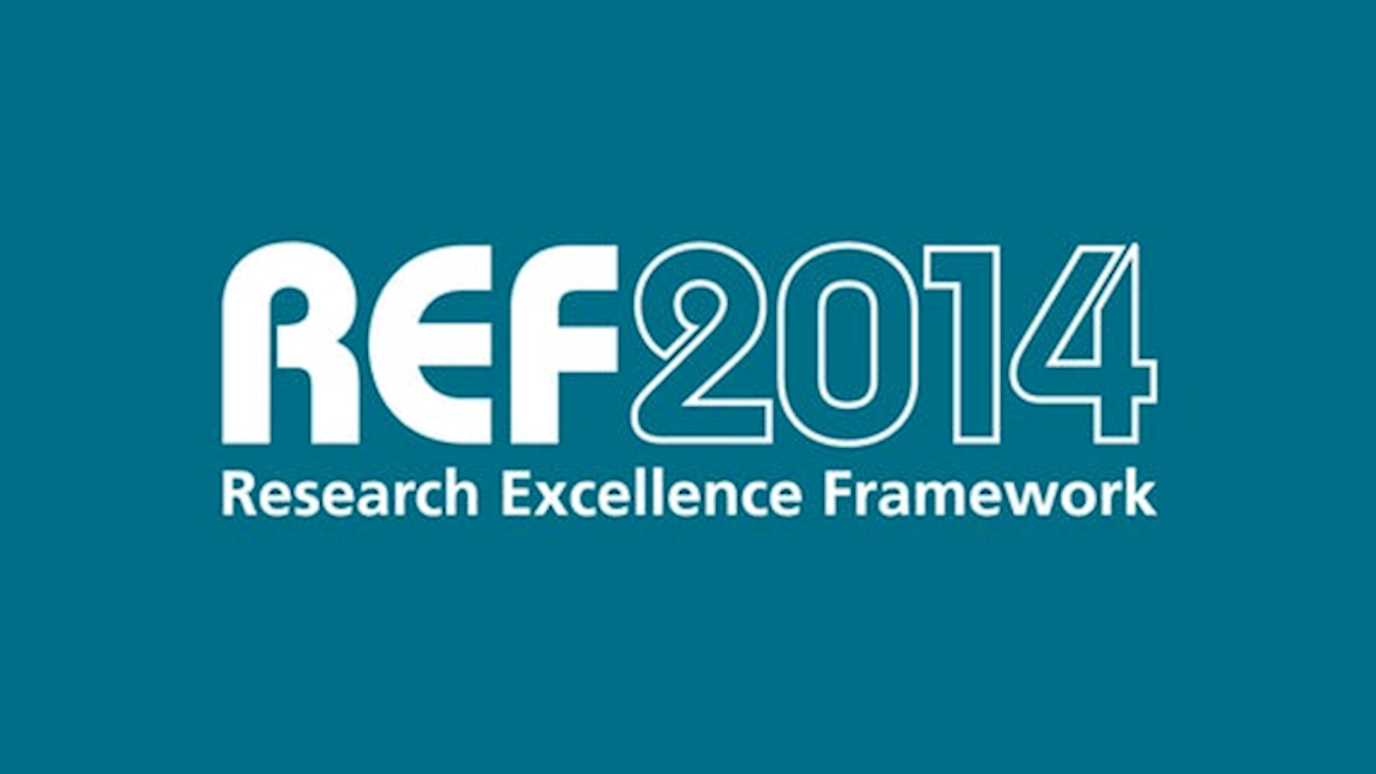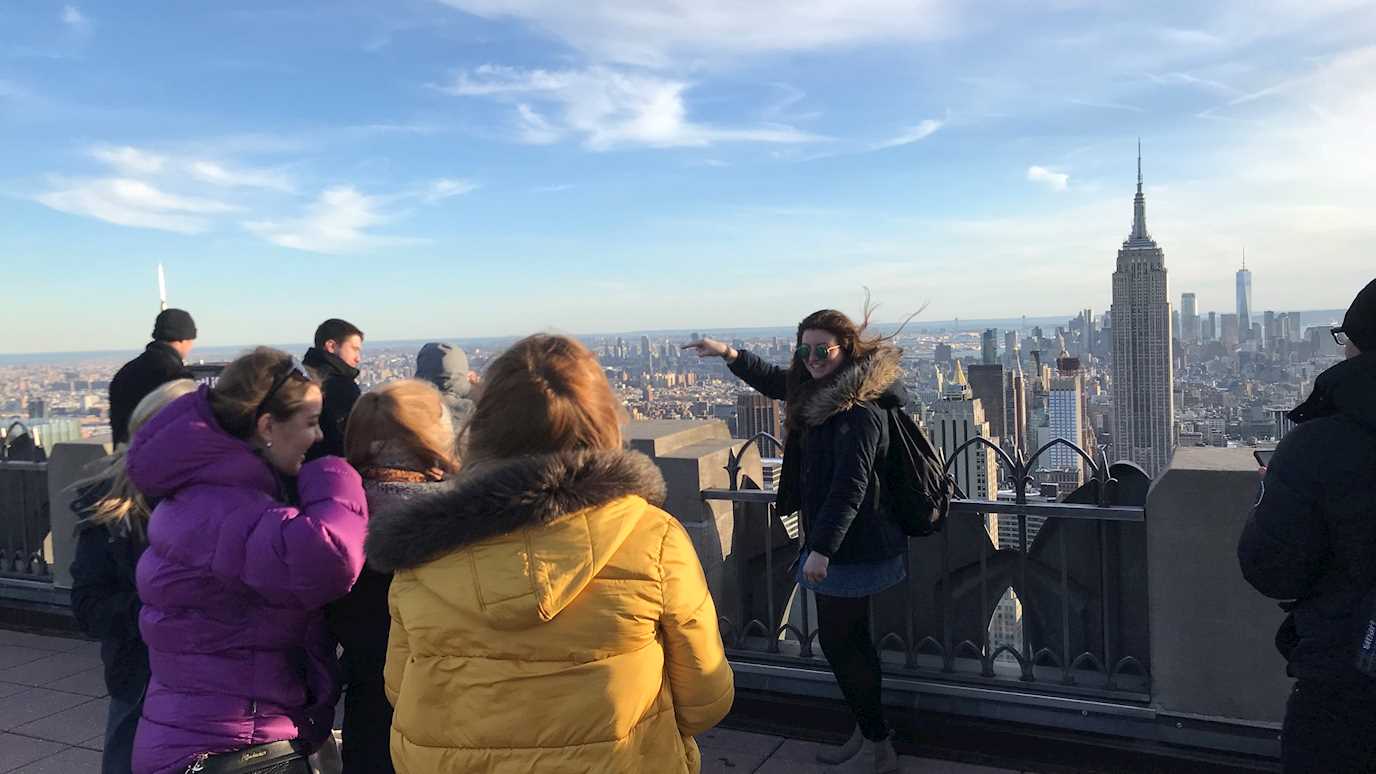There are several groups of researchers within the Geography department doing exciting work on a variety of topics. Here’s a flavour of what we’re researching.
Helping indigenous communities thrive
Research led by Professor Jay Mistry has been helping indigenous communities in the Guiana Shield region of South America to overcome the challenges they face in surviving and thriving sustainably.
The region is of recognised global significance for carbon storage, fresh water resources and biodiversity.
Understanding the history of exploration
Popular portrayals show exploration as heroic individual dramas, in which the explorer is the central character. Our research into the history of exploration challenges this way of thinking, showing exploration to be a fundamentally collective experience. Led by Professor Felix Driver, the project emphasises exploration’s wider cultural, economic and social significance and makes visible the vital roles played by local people and intermediaries. The results have enhanced cultural understanding of exploration and helped develop heritage collections in major institutions such as the Royal Geographical Society.
Glacial reconstruction at multiple timescales
This research uses multiple methods to reconstruct past glacial dynamics. We use high resolution remote sensing to map glacial extent over the satellite era and to map landforms demarking former glacial extent.
We use multiple chronological methods to determine and date the location of former ice margins, including cosmogenic nuclide dating, varve chronology, radiocarbon dating and Optically Stimulated Luminescence dating. These data provide detailed reconstructions of past ice-sheet and glacier dynamics, yielding insights into future glacier behaviour.
Mobility and displacement
Scholars’ research engages in the study of different forms, processes and frames of mobility, often under forced circumstances and emergency situations.
Displacement is a particular thread running through our work and has historical and contemporary resonance in its focus on everyday experiences and practices of:
Evacuation during times of war, ‘peace’ and the aftermath of natural disaster; displacement through forms of property-led urban regeneration or gentrification;
uncertain journeys taken by vulnerable groups including domestic violence survivors, asylum seekers, climate-vulnerable migrants and precarious migrant labourers.
High-resolution terrestrial records of global climate change
Research is being conducted in Britain, Europe, Africa, and the Americas into new, high-resolution archives of palaeoclimatic and palaeoenvironmental change.
This adopts a deliberate multiproxy approach, encompassing sedimentology, geochemistry, tephrochronology, micromorphology and multiple palaeobiological techniques, underpinned by geochronology. Linked to this work is significant collaborations with archaeologists to understand the role of past climate change in the behaviours and migration of early modern humans.























